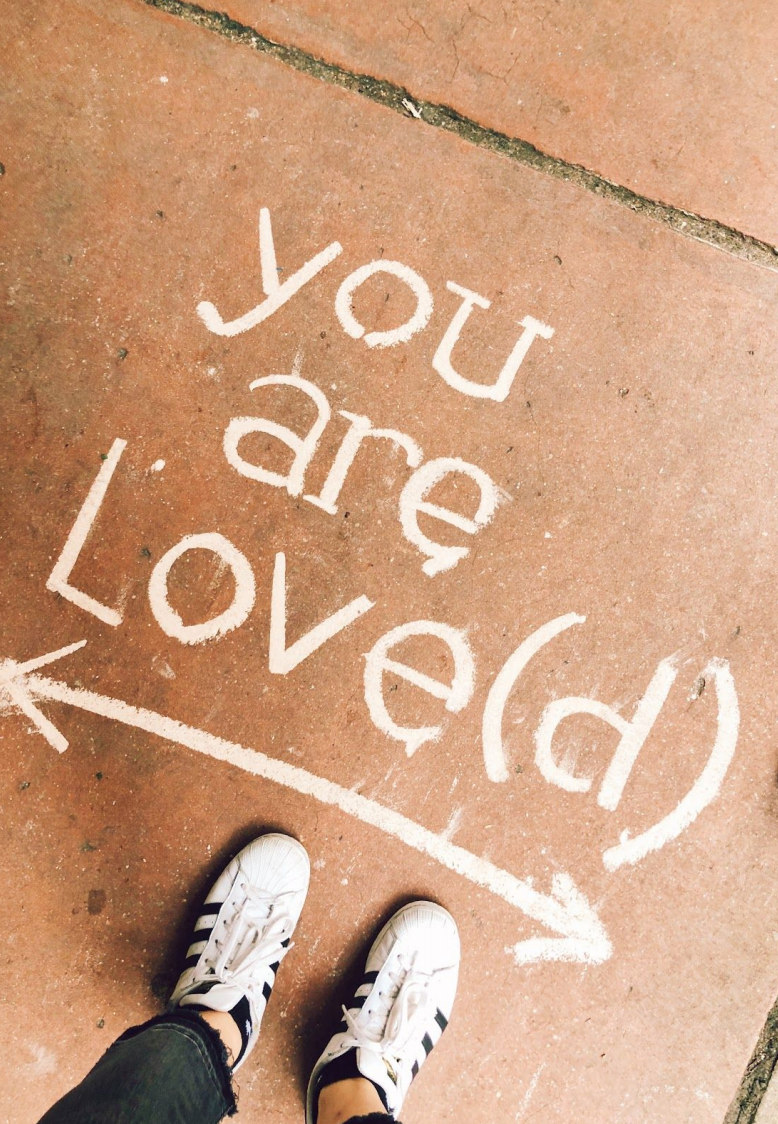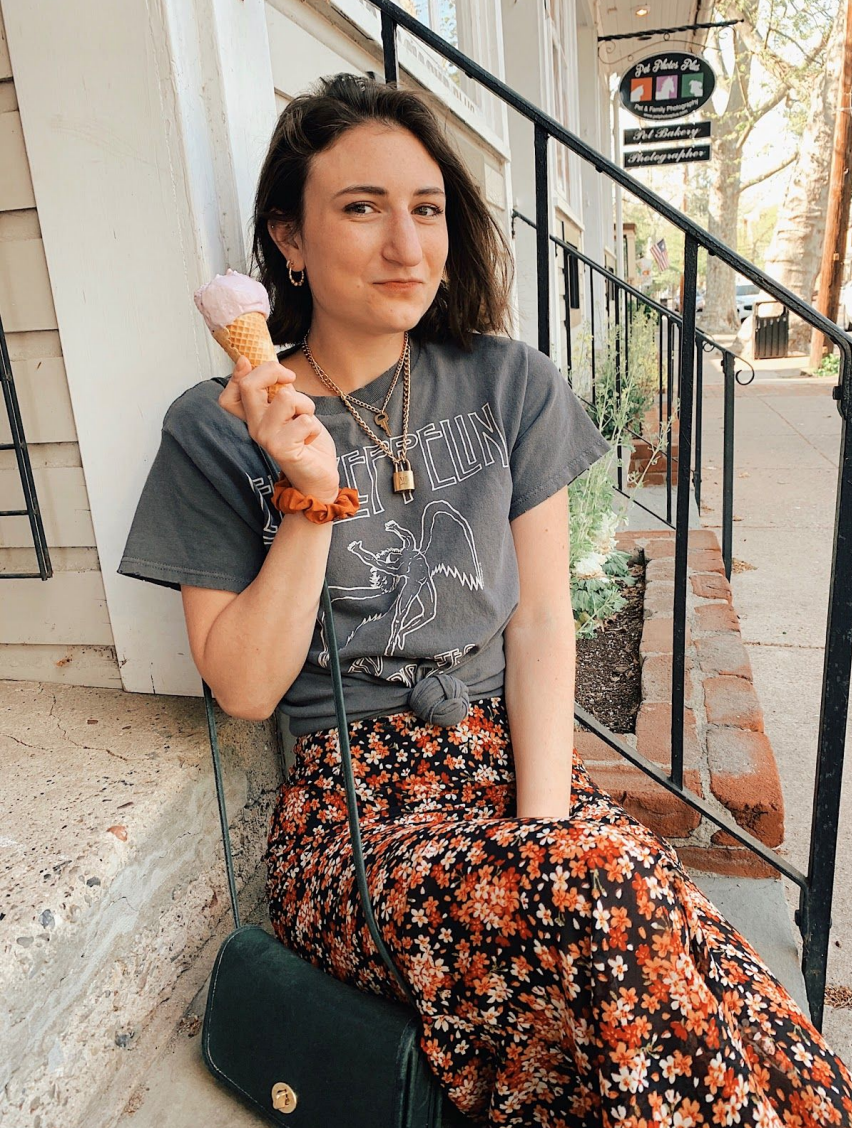How I Overcame Anorexia & Learned to Love My Body
Society and the media make loving our bodies as women incredibly difficult, but it’s certainly not impossible. Here’s how I overcame my eating disorder and negative body image and gained confidence in my recovery.
One in 200 American women suffer from anorexia, 2-3 in 100 suffer from bulimia, and a large percentage of the rest have struggled with eating and body image at some point in their lives, but this isn’t something the media tells you. As women, we’re force-fed unrealistic beauty standards and told over and over that skinny equals pretty. Like millions of other young girls, with a combination of high-anxiety, low-self-esteem, and a constant feeling of not being good enough, I fell into society’s trap, believing that I wasn’t worthy if I wasn’t skinny.
At the age of 13, I began to starve myself, except it wasn’t so obvious at first. I began by eating only what society tells us is “healthy,” cutting out desserts, snacks, fats, and carbs. Regardless of the fact that I hated running, I made myself run. I went to the gym as often as my mom could drive me, and through the fall of my eighth grade year, things went from bad to worse very quickly.
While I began dieting in August, by December I was on my deathbed. I was admitted to the Children’s Hospital of Philadelphia on December 4th, 2013, and the doctors told my parents that had they not brought me, I could have died in my sleep in the next few days. My heart had lost so much muscle mass that while it should be beating at about 60-100 beats per minute, in my sleep it was barely beating 30.
I could go through the next four years of my life in agonizing detail, but for the purpose of this piece, I’ll explain in summary. From ages 13 to 16, I was incredibly sick. Not always medically and in terms of my risk for death as a result of my eating disorder, but sick mentally. I was hospitalized more than 10 times - the ER became my new home. I went through 5 long-term rehabilitation programs across the country, from Utah to Illinois to Florida. I cut my wrists when I felt I ate “too much” and swallowed bottles of pills when I wanted everything to end. My parents and I got in physical altercations while arguing over food. I hid food in my socks and pockets when I told my parents I had eaten. The things I did as a result of my eating disorder were horrible and others often had a hard time understanding why I went to such lengths to not eat. It wasn’t until I was 16 that I actually began to consider not starving myself anymore.
When I left my treatment center in Miami at the end of what would have been my sophomore year of high school, I realized the reality that would be my life if I didn’t turn things around. Aspirations of college were coming into view, and my parents told me that if I wasn’t strong enough in my recovery by the time I turned 18 and I would be going to college, they would go to court to receive custody over me, and I would not be going to college. Since I knew what college was, I looked forward to it. I’ve never felt terribly connected to my hometown in suburban Pennsylvania. I’ve always been a city girl, and living in white suburbia where nearly every day is the same felt restricting to me. I wanted a different life for my older self, and I dreamed of going to college in New York City. When my parents told me this dream of mine was on the line, I had to decide which life I wanted for myself. Did I want to be 18 in a hospital with IVs and feeding tubes and medications and no future? Or did I want to be independent in New York City with friends and aspirations and a career?
In fall of 2018 I moved to New York City to attend my first-choice of college, Fordham University. I’ve been here for 2 years now and every day I’m glad I chose life. I’m pursuing a degree in journalism and fashion, I’m living with my best friends, I’m completing internships, making connections, and getting food and drinks in SoHo without a thought to how many calories are in that margarita.
Whether it seems as black and white as my story, every day you decide to choose life, or you decide to choose misery. Society has drilled it into our brains that the weight our body naturally falls at is not good enough, that we actively have to count our calories and our steps and watch our waistline and maintain a thigh gap. As women, we are taught to critique and form opinions of others based on their appearance. Let’s start praising each other not for choosing the salad over the burger or for working out everyday, but for living authentically and embracing their natural bodies. Trusting your hunger and cravings is a beautiful thing, it’s your brain that gets in the way. Redefining what it means to be beautiful is no simple feat, but by supporting other women in their efforts to find self-acceptance and self-love beyond the number on the scale or the size on the tag of their jeans, we’re saying f*ck you to society. Learning to love your most natural self is the most powerful thing a woman can do, even if your natural self is different from society’s beauty ideals.



